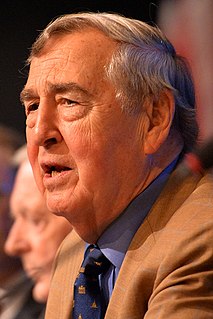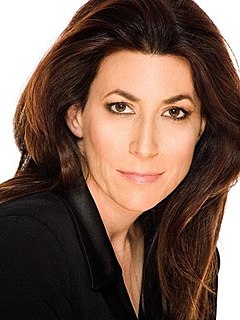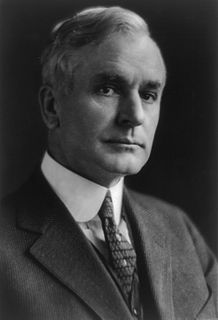A Quote by Graham T. Allison
The absence of a focal enemy, which is what the Cold War had provided; the complexity of the developments that are occurring that mean that the world is just extremely complicated - lots of different and competing stories and strands; the continuing reality of megaterrorism; and the dysfunctionality of our politics that has neglected the foundations of the U.S. role in the world; have altogether left us somewhat confused.
Related Quotes
World War Two was a world war in space. It spread from Europe to Japan, to the Soviet Union, etc. World War Two was quite different from World War One which was geographically limited to Europe. But in the case of the Gulf War, we are dealing with a war which is extremely local in space, but global in time, since it is the first 'live' war.
The twentieth century had dispensed with the formal declaration of war and introduced the fifth column, sabotage, cold war, and war by proxy, but that was only the begining. Summit meetings for disarmament pursued mutual understanding and a balance of power but were also held to learn the strengths and weaknesses of the enemy. The world of the war-or-peace alternative became a world in which war was peace and peace war.
Today we understand that reality corresponds to a model - or, even better, the sum of various models - which in science are termed "complex systems" - not complicated or difficult, that's a different thing! This complexity is what creates that which we all know - the World - is connected in a system of networks - and I'm not referring only to the internet but also to thousands of analog networks in which we are all immersed at every instant.
Because the US has control of the sea. Because the US has built up its wealth. Because the US is the only country in the world really not to have a war fought on its territory since the time of the Civil War ... Therefore we can afford mistakes that would kill other countries. And therefore we can take risks that they can't ... the core answer to why the United States is like this is we didn't fight World War I and World War II and the Cold War here.
What would be the difference if we retreated and let the French and Germans make decisions for the world? We tried that twice in the last century. Isolationsim, refusing to accept our role in the world, and delaying our response to evildoers ultimately cost fifty-three million lives in World War 2 alone. The preemption policy of the Bush administration, taking the war to the enemy and exporting democracy and freedom, has liberated fifty million.
The social and political climate came from discussions about how we could find conflict in the wake of a 100-year-long war ending. But as we know in the real world, just because a war ends it doesn't mean that everything turns happy and peaceful. That provided us with some new kinds of conflict for us to explore in 'Korra.'
In the past we have always assumed that the external world around us has represented reality, however confusing or uncertain, and that the inner world of our minds, its dreams, hopes, ambitions, represented the realm of fantasy, and the imagination. These roles, it seems to me, have been reversed. The most prudent and effective method of dealing with the world around us is to assume that it is a complete fiction - conversely, the one small node of reality left to us is inside of our own heads.
The meditator develops new depths of insight through direct communication with the reality of the phenomenal world... He or she is able to see not only the absence of complexity, the absence of duality, but the stoneness of stone and the waterness of water. One sees things precisely as they are, not merely in the physical sense, but with awareness of their spiritual significance.
I was lucky enough to have had great success early on in life; to have had all the things the material world can offer. And yet, I realized that what I had actually neglected was the more spiritual side of myself, which has always been there. But it's easy for us in our culture to become consumed in a sense by materialism. Now materialism is fine. We live in a material world. I'm not saying that beautiful things don't enhance our lives. But, in our culture, we're never happy.


































